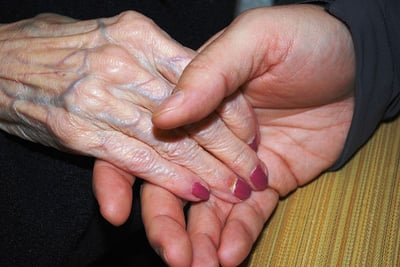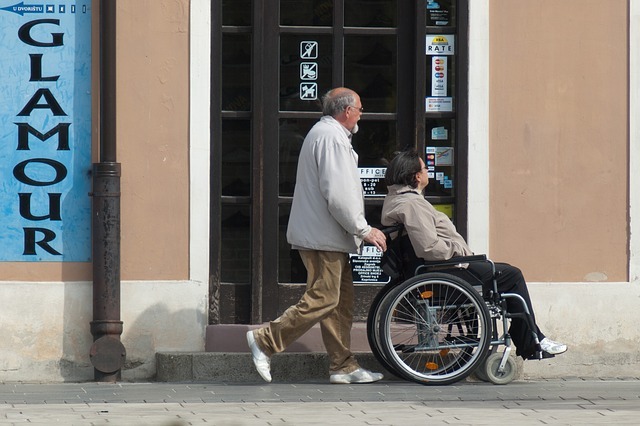
As seniors age, their lives will necessarily change. The quality of life experienced by seniors has become an issue of importance as caregivers consider how they can make sure those under their care are thriving.
Pain and Functioning
One aspect of quality of life for seniors is their physical condition. Chronic physical symptoms like pain, nausea and constipation can make life more difficult for seniors and prevent them from functioning as well as they otherwise might. It is important for caregivers to facilitate medical care for the physical symptoms seniors may be experiencing in order to maximize their quality of life.
Physical and Mental Activity
Once physical conditions have been treated, making sure that moderate physical activity is part of a senior's schedule is another way to make a difference in seniors' quality of life. Any kind of physical activity, even if very mild, can help improve circulation, brain function, anxiety, and tension. Older persons who are more active will have stronger immune systems and sleep better, as well as just feeling better overall.
Staying mentally active by doing crossword or other puzzles, and reading and writing is beneficial for seniors and helps them keep their minds sharp. Even engaging seniors in meaningful conversations can help with mental fitness.
Feeling Useful
Everyone wants to feel useful to themselves and to others. With that in mind, giving seniors tasks to do or letting them do what they can for themselves will help instill a feeling of usefulness which can be helpful in the recognition of a purpose for their lives. Although seniors may need help in some areas, they will still be able to handle tasks like opening the mail, clipping coupons, helping prepare dinner, and folding laundry. As much as possible, allow the senior to help set routines and decide what they spend time doing.

Getting out to do errands or just see the neighborhood can help seniors feel better.
Emotional Well-Being
Depression is a big problem for many seniors. Chronic pain has been linked to depression in studies, and other factors like loss of loved ones and other losses (jobs, homes, or social circles) may leave seniors feeling anxious or depressed. Although it is natural to feel sad about such major losses, it detracts from seniors' quality of life to let depression go on without treatment. Counseling and medications may help seniors come to terms with their feelings and find purpose and joy in their lives again.
Social Connectedness
Loneliness is a major factor in seniors' quality of life. Many times, seniors have lost or moved away from family members and friends and they don't have the ability to spend time with them as they used to do. Caregivers can help seniors stay connected with their social group by arranging outings and visits as well as encouraging seniors to attend gatherings and even volunteer with their church or other local organizations that they have been involved with throughout their lives. Social connectedness has a direct impact on longevity and can even prevent dementia.
A caregiver can function as an advocate for a senior and encourage them to pursue the best quality of life they can, but forcing them to do things they don't want to do will probably not do much to add to their quality of life and may even detract from it in the long run.
mmLearn.org offers a large library of free videos for caregivers of older adults, covering topics pertaining to senior care. Whether you are a healthcare professional or a family caregiver, if you are caring for an older adult we know that you will find mmLearn.org an essential learning and guidance tool for all of your caregiver training needs.
